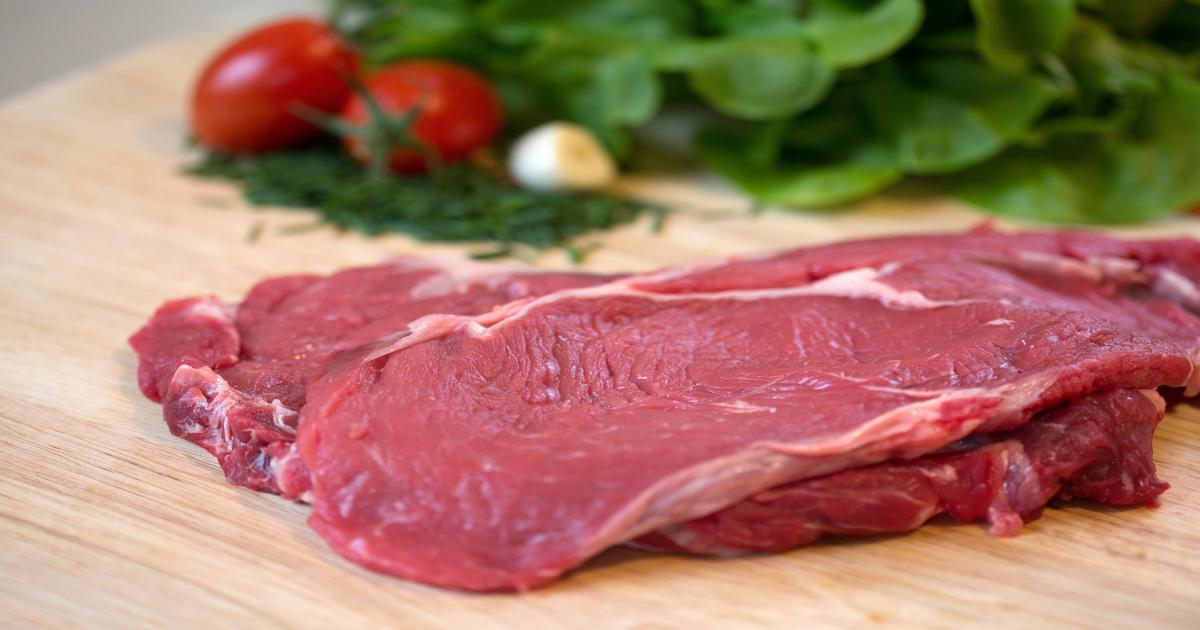Psoriatic arthritis is one of the most common types of arthritis and nearly 30% of people with psoriasis will develop psoriatic arthritis at some point in their life. It affects both men and women, usually between the ages of 30 and 50. Fortunately, there are healthy ways to reduce the stiffness and joint pain that come with psoriatic arthritis. Making changes to your diet is a smart first step and can help you eliminate foods that trigger flare-ups and cause inflammation.
Researchers have found that reducing sugar, dairy products, gluten, and certain fats can reduce symptoms of psoriatic arthritis. Eating a healthy diet of lean meats, fruits, and vegetables can be beneficial in helping you lose weight to relieve pressure on your joints. Whichever diet you choose, it is important to pay attention to the portion size and to consume a wide range of nutrients.
If you want to add a psoriatic arthritis diet to your daily routine, talk to your doctor first. Eliminate trigger foods to see how they affect your symptoms. Then you and your doctor can determine what type of diet is best for your body in the future.
If you find it difficult to cut out foods caused by psoriatic arthritis, first remove a category for a few weeks to see how it affects your symptoms. Then work your way through each of the categories to find out which foods make your psoriatic arthritis feel worse and which should be avoided.
- Red meat: This is high on the list because it causes inflammation and makes drugs used to treat psoriatic arthritis less effective. Choose lean meats instead of fatty ones and keep servings at around three ounces, or the size of your palm. Also add different types of protein to your diet – poultry, fish, and beans.
- Dairy: Some people with psoriatic arthritis may have milk intolerance. Eating dairy products can upset your stomach and cause inflammation. Swap your dairy products for dairy alternatives such as soy, almond and coconut based products.
- Nightshade: Potatoes, eggplants, peppers, and tomatoes are members of the nightshade family and can make psoriatic arthritis symptoms worse. They don’t bother everyone, but you should experiment to avoid nightshades to see if it helps improve your symptoms. Try replacing these vegetables with leafy greens, peas, and beans.
- Sugar: Refined sugars, such as those found in soft drinks, baked goods, and candy, increase your rate of inflammation and cause joint pain. Cutting out sugary foods lowers the levels of insulin in your bloodstream and reduces joint inflammation. It can also help you lose weight and reduce your risk of heart disease and stroke. Do you still have a sweet tooth? Strawberries are ideal indulgence as they are filled with fiber and add a little sweet treat to your diet.
Try diets with psoriatic arthritis
Ready to Change Your Diet and Improve Your Symptoms? Great! There are several different diets that you can try to reduce inflammation. Experiment with a few or combine some of your favorite parts of each diet to create a plan that you can live with for the long term.
- Anti-inflammatory diet: This simple diet focuses on eating fruits, fish, and leafy vegetables to reduce inflammation and provide your body with healthy antioxidants.
- Paleo diet: The key to this “Cavemand Diet” is avoiding nuts, grains, dairy products, and processed foods. It encourages eating lean meat, eggs, fish, fruits, and vegetables. Removing sugary foods and dairy products are key components to eliminating inflammation with this diet.
- Weight Loss Diet: This is where you focus on limiting the amount of carbohydrates, sugars, and fats you eat. The goal is to lose extra weight and reduce the stress on your joints.
- Mediterranean cuisine: Similar to the other diets, the Mediterranean way of eating includes grains, fish, fruits, and vegetables. The magic with this plan is extra virgin olive oil. Use it liberally in your cooking for anti-inflammatory effects, and add in healthy omega-3 fatty acids that help improve joint movement.
- Gluten free diet: Over 25% of people with psoriasis are sensitive to gluten. You can reduce the gluten in your diet by limiting baked goods, pasta, and cereals. This diet also encourages you to replace gluten with healthy choices like fruits, vegetables, and whole foods.
Now that you are ready to freshen up your diet and reduce your psoriatic arthritis symptoms, make a shopping list of lean meats, fruits, vegetables, and extra virgin olive oil. Whenever you make changes to your diet, write down what you eat in a food journal. This will help you know what works and what doesn’t for your body. If you need additional assistance with adjusting your diet, consult your doctor or nutritionist for nutrition tips and accountability.
